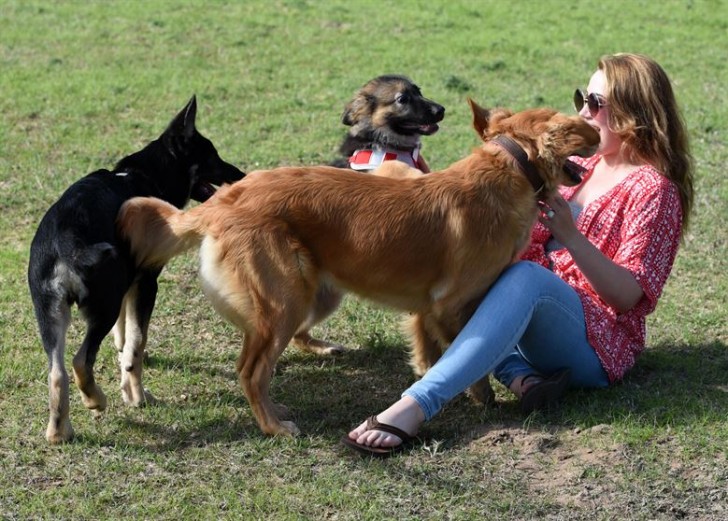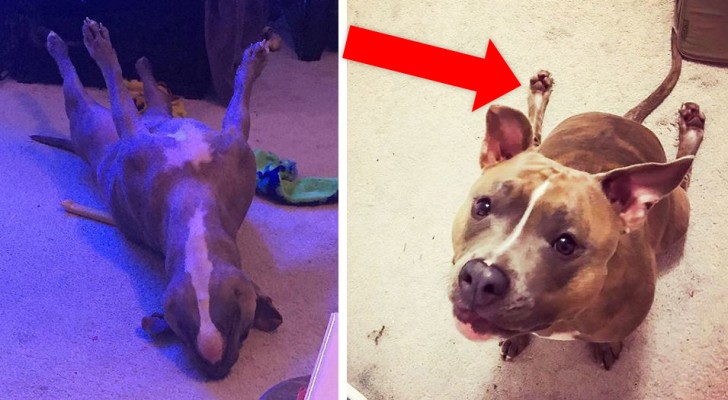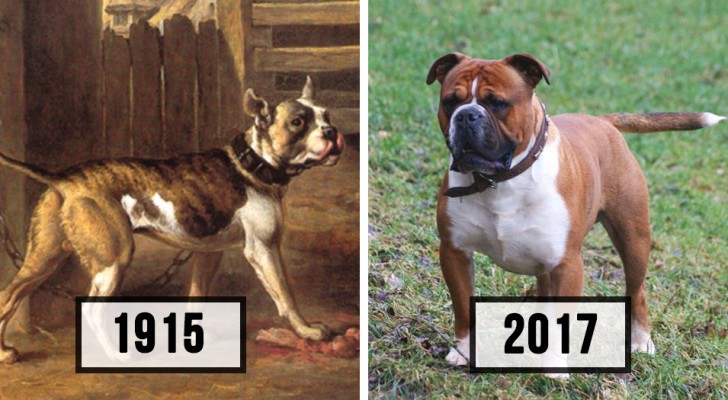A Japanese study reveals that treating your dog like one of the family might be good for you

Dogs have a strong power of attraction for humans, a power that almost nobody can resist.
For instance, if we meet a puppy on the street, many of us can hardly resist the temptation to caress and pamper it, as if we were being compelled by some inner force.
For those who live with a dog at home, this bond often becomes so strong that it is irreplaceable and comparable to the bond one has with children.
Well, if all this seems an exaggeration, science explains that it is not really so exaggerated. And the reason lies in the chemistry of our brain.
via telegraph.co.uk

U.S. Air Force photo by Airman 1st Class Isaiah J. Soliz/Released
A research study conducted by the Department of Animal Sciences of the University of Azabu in Japan analyzed the effects on the brain that derive from the relationship between humans and dogs.
In particular, they analyzed the production of oxytocin, a particular hormone that plays a key role in defining social relationships between human beings.
This hormone is responsible, in particular, for creating the feeling of protection and unconditional love that a parent feels for a child, and is stimulated when the two look into each other's eyes.
The researchers found that the production of the same hormone also increases when a human being looks into their pet dog's eyes. Moreover, this also happens in the dog's brain as well.

At the chemical level, therefore, that feeling of love and protection towards our four-legged friend seems to be entirely justifiable. According to the researchers, in the centuries after their domestication, dogs seem to have "learned" to redirect on themselves some of the attention that we reserve for our children.
We can see this from some behavior and attitudes that dogs display. For example, if we give a dog an impossible task, the dog will instinctively turn towards its human owner with an interrogative air, just as a child would do towards a parent.
Therefore, the next time you find yourself talking to your dog and someone tells you that you are exaggerating, you will have a plausible explanation to give!





